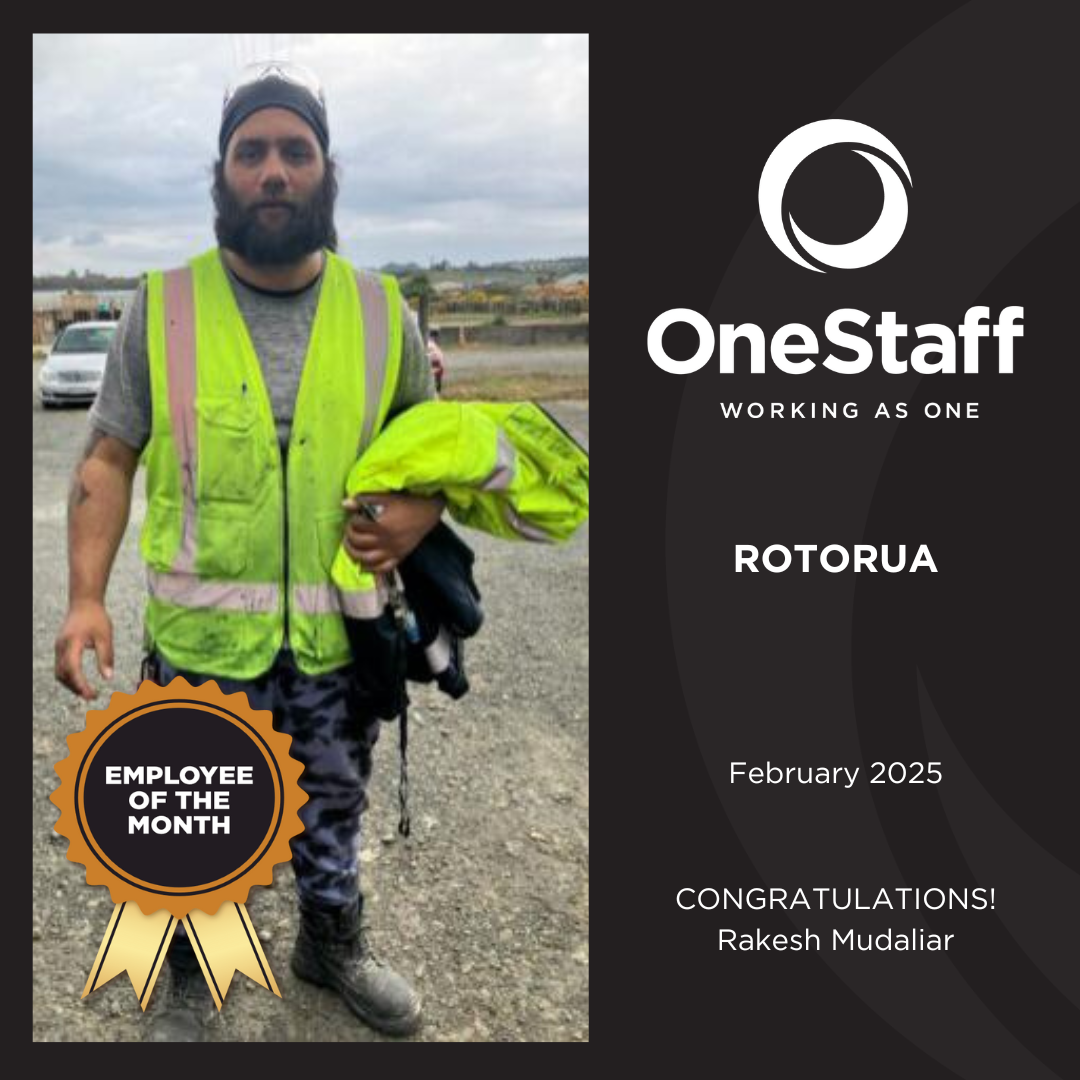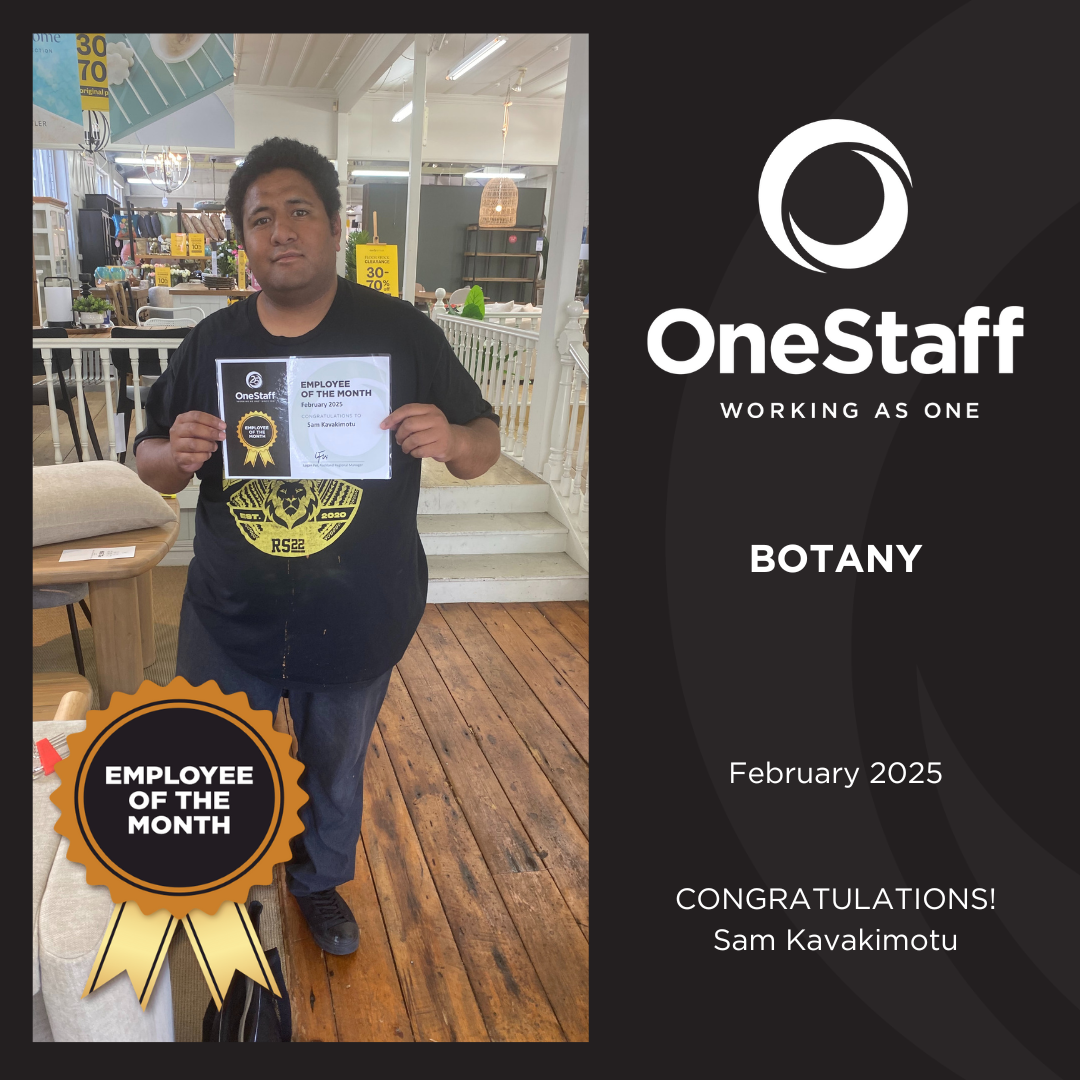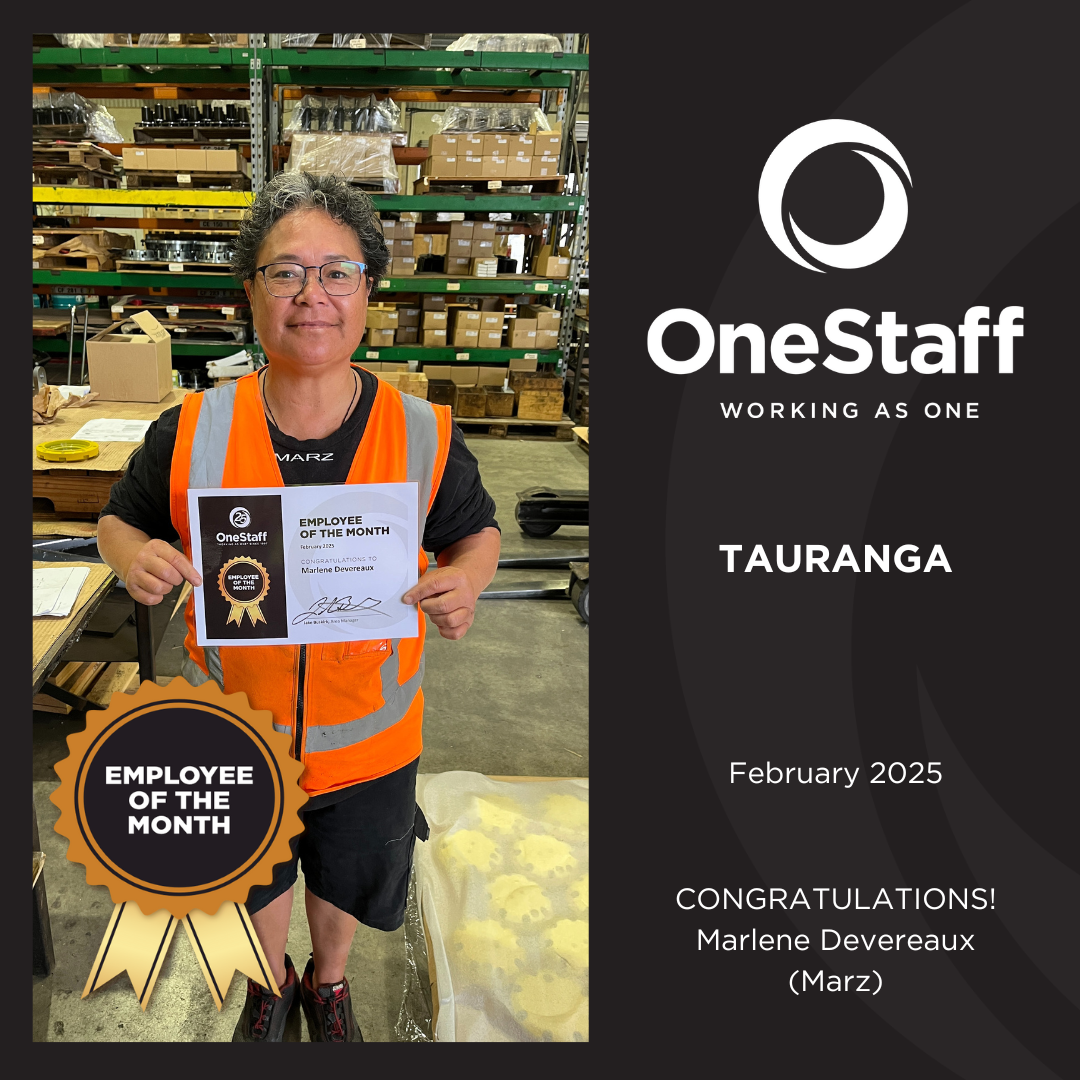Avoid These Classic Resume Mistakes
5 mins read

Your resume is more than a document; it’s your wingman in the job market, vouching for you before you’ve even shaken hands with potential employers. It’s your first (and sometimes only) shot at making a good impression, making the difference between securing an interview or not.
A well-written resume must showcase your skills, experience, and achievements clearly and concisely. By tailoring it to reflect the best version of your professional self, you can open doors to new job opportunities and increase your chances of finding a role that aligns with your ambitions.
How to Write a Construction Resume: A List of What Not to Do
A well-crafted construction resume is an investment in your future, so you must ensure it’s a stand-out! While it might seem as straightforward as hammering a nail, CV writing is fraught with classic blunders waiting to catch you out. So, if you’re looking to get your foot in the door (without tripping over it), here’s a list of things to avoid.
Overlook the Basics
Of all our resume tips, we can’t understate the importance of getting the basics right. Misspelling the name of your town or getting your phone number wrong is a good way to seem silly – and you’d be surprised at how often this happens. Always double-check for typos and accuracy. After all, you don’t want your potential employer calling someone else, right?
Use Too Much Jargon
When it comes to a trade-related CV, it’s tempting to load it with industry jargon and technical terms. Remember, the person reading your construction resume, for example, may not know their RFP from the CCD. Spell everything out to ensure all essential information translates.
Use a One-Size-Fits-All Approach
Employers and construction recruitment teams love seeing a resume that speaks directly to the role they’re trying to fill. If you’re applying for a job as a forklift driver, highlight your warehouse experience, not the summer you spent flipping burgers. Tailoring your resume to the job you’re applying for is crucial.
Be Vague About Your Experience
“I supervised a team” tells us as much about your abilities as “I drove a vehicle” tells us about your driving skills. Did you work as an engineer on a renewable energy project or coordinate logistics for nationwide transport? Be as specific as possible about your role and responsibilities to paint a detailed picture of your capabilities.
Ignore the Power of Numbers
Numbers catch the eye and prove your abilities, but most importantly, they can set you apart from the competition. Quantify your achievements with clear metrics. Did you help increase manufacturing output by 20% or reduce transport route times by optimising schedules? Providing concrete evidence of your contributions can significantly boost your resume’s impact.
Miss the Extra Mile
Have you completed safety courses or hold any certifications relevant to construction warehousing, or trades? Include them! Whether a certification in CAD software or a Site Safe passport, these details demonstrate your dedication to your field and a commitment to safety and are an absolute must for any construction resume.
Forget About Layout and Design
A well-organised resume is like a tidy workshop: everything is where it should be. Use bullet points, bold headings, and a clear, readable font to ensure the essential details are as accessible and straightforward as an instruction manual.
Take the Long-Haul Approach
Keep it concise. Whether applying for a commercial construction role or something deep in the works and civil sectors, your resume should be a highlights reel, not the story of your life. Stick to the most relevant and recent experiences that align with the job you’re applying for.
Neglect Your Soft Skills
Don’t just focus on your technical abilities; highlight your soft skills too. Teamwork, leadership, and problem-solving skills are universal competencies that hold value across all sectors. For example, being a good communicator is as crucial on a construction site as in an office or the manufacturing floor. Don’t shy away from any opportunity to mention your soft skills or demonstrate how they’ve informed your career.
Skip the Cover Letter
A cover letter gives you a chance to introduce yourself and add some of your personality into the application process. Use a cover letter to explain why you’re interested in the position and company, and why you think you’d make a good fit.
Get More Expert Resume Tips from Construction Recruitment Specialists
Crafting a stand-out resume is one of life’s most useful skills, no matter which industry you’re in. However, understanding how to write a construction resume or any industry-specific CV can be a guessing game without the right tools and guidance.
That’s where OneStaff comes in. Specialising in construction recruitment and civil industry workforce solutions across New Zealand, our team has the blueprints for helping you build a resume that helps you land the job you want. Contact our team today for resume tips and help with finding your ideal roles.
Hear the latest news from us
Aenean est, ipsum, aenean egestas porttitor massa scelerisque quam non. Eu odio sed id non. aenean egestas porttitor massa. Senean egestas porttitor massa scelerisque quam non.































